See our privacy policy to find out how AIGI handles your personal information.
Celebrating a Trans-Tasman Partnership: Māori and Australian First Nations Governance Leaders Unite...

Celebrating a Trans-Tasman Partnership: Māori and Australian First Nations Governance Leaders Unite...
This empowering webinar celebrates Aboriginal women’s leadership, the value of lived experience, and the importance of creating spaces where women uplift and support one another...
Robe River Kuruma Aboriginal Corporation (RRKAC) is the representative body for the Robe River Kuruma (RRK) People across the Pilbara region of Western Australia For over 30,000 years, the RRK People have cared fo...
Robe River Kuruma Aboriginal Corporation (RRKAC) is the registered native title body corporate for the Robe River Kuruma native title determined areas RRKAC’s primary source of funding comes from mining agreemen...
Robe River Kuruma Aboriginal Corporation (RRKAC) is the registered native title body corporate for the Robe River Kuruma native title determined areas RRKAC actively reduces its reliance on mining income by divers...
This resource offers a comprehensive self-analysis tool to help your group assess each stage of the data lifecycle, enabling reflection and highlighting opportunities to strengthen community decision-making (119KB...
This resource offers a comprehensive mapping tool to help your group identify who controls decisions at each stage of the data lifecycleIt helps identify where community control is strong and where external contro...

.png) Reading list
Reading list

The demand for data is increasing as Indigenous nations engage in economic, social, and cultural development on a rapid scale. Additionally, the need to protect Indigenous cultural and proprietary information is paramount. This Masterclass examines the role of data as an exercise of sovereignty in Indigenous nation governance and self-determination. It will dually explore data collected internally by Indigenous nations and communities, and information collected by external sources.
We seek to answer broad questions such as:
• What rights do Indigenous peoples have to data?
• How can data facilitate nation-building?
• How can Indigenous nations influence the better collection of data on their people and resources by third parties?
• What are the opportunities and challenges inherent in data governance?
To answer these questions, we draw from best practices across international Indigenous communities and also offer examples from the Indigenous Australian context. The day will be presented by leading scholars Assoc Prof Maui Hudson (NZ), Prof Tahu Kukutai (NZ), DrPH Stephanie Rainie (US), Desi Rodriguez-Lonebear (US), Prof John Taylor (AUS) and Dr Raymond Lovett (AUS). This Masterclass is ideal for anyone wanting to better understand:
• What “Indigenous data sovereignty” and “data governance” mean, and recognise the implications of such terms—both for Indigenous and non-Indigenous peoples, communities,
nations, and institutions; and
• How data that Indigenous peoples and nations collect analyse, and use may be different from mainstream data
and the importance of leveraging existing data to support Indigenous governance.
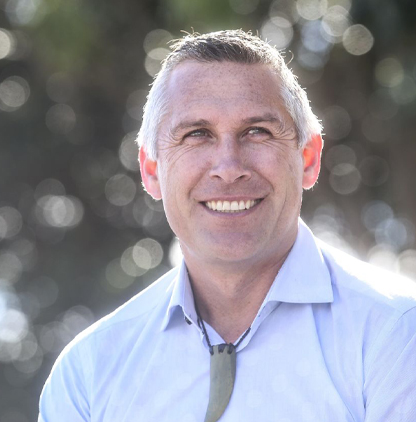
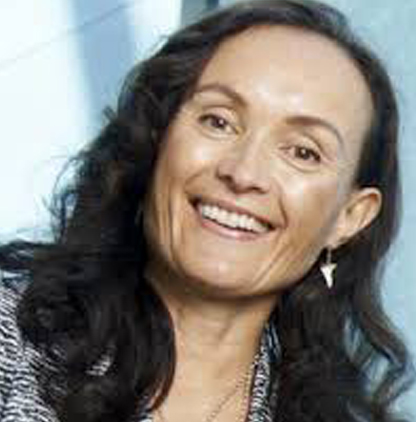

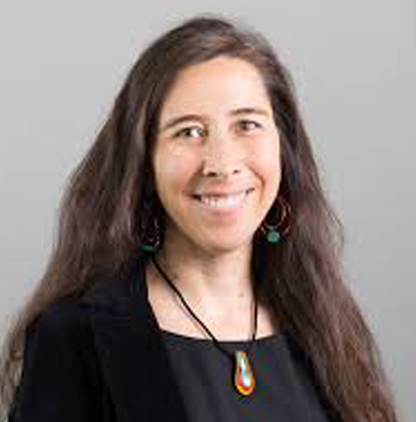
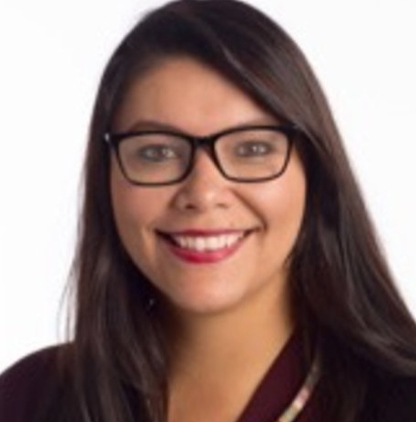
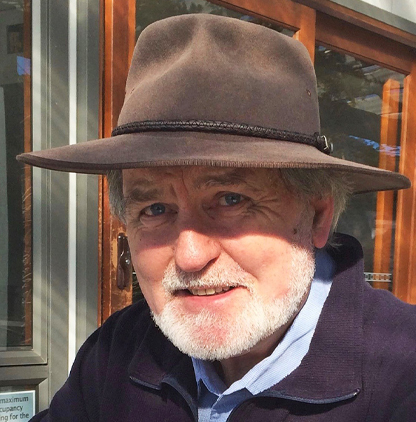
See our privacy policy to find out how AIGI handles your personal information.
